The “library of chocolate”: Lavoratti 1938. The historic brand is relaunched amid editorial projects, premium ingredients and high-profile collaborations.
by Irene Loddo
Interview with Chef Ascanio Brozzetti
“No man has ever been entirely and completely himself,
no man is the same throughout time”.
Herman Hesse
For the past two and a half years, Ascanio Brozzetti has been working with inmates at the Due Palazzi prison in Padua, where he is a pastry chef. Each morning, the prison kitchen produces about a thousand croissants along with dozens of baked goods in all shapes and sizes, to mark the seasons or a festive occasion.
“There are now 48 prisoners on part-time kitchen contracts. Some are on the early shift, getting up at four in the morning to put the pastries in the oven, while others start at six, working on the orders for confectionery stores. Others make biscuits or chocolates and some specialize in packing the finished products.
”
Brozzetti explains
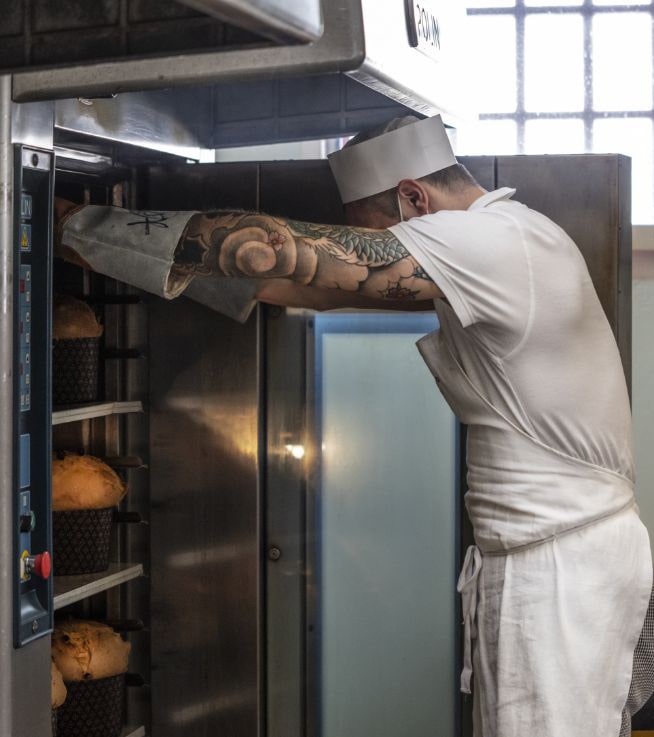
The idea, from the pastry chef at Pasticceria Giotto, who after a long career at award-winning restaurants turned his hand to teaching prisoners the art of confectionery, is to create a space that recreates - as far as possible - the structure and function of any other bakery.
“
We want to make this a place that feels as if it’s ʻoutside the prisonʼ, conceptually if not physically, to give the inmates an experience of a real-life workplace. Some of the prisoners have been here for many years, while others have never had a job, so this kind of mental training is an important part of preparing for re-inclusion into society”.
“In prison, time is experienced as something to be filled or occupied, as you wait for the hours to tick by” continues Brozzetti. “By dedicating care and attention to what you’re doing, learning new things, working in a team and respecting the rules, you can regain control of your time and give it meaning.
”
Any rehabilitative process takes time. For a rehabilitation program to be successful, it has to have meaning, as the days, months and years pass by. A vision has to become a possibility and there has to be trust in change. With this in mind, the kitchen at Padua prison is now serving up delicious cakes and pastries as it elaborates the vision of rehabilitating convicts, as envisaged by Italy’s founding fathers in Article 27 of the Constitution.
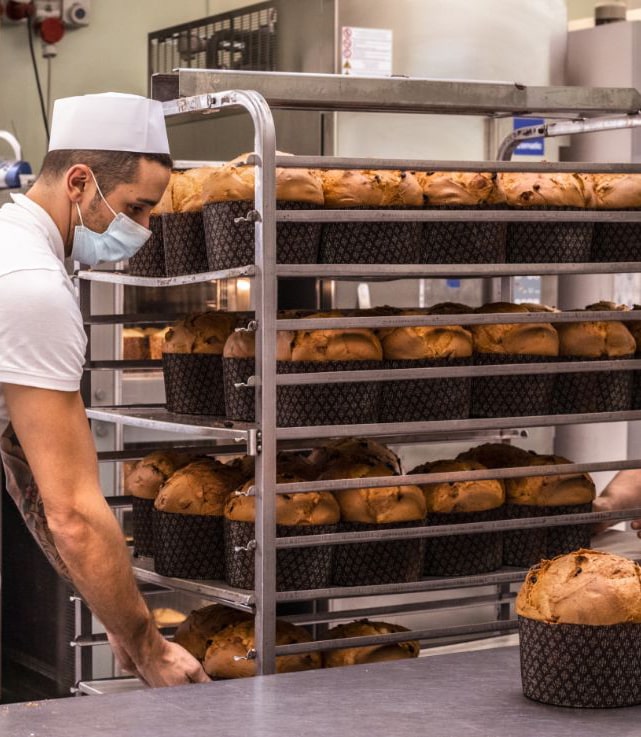
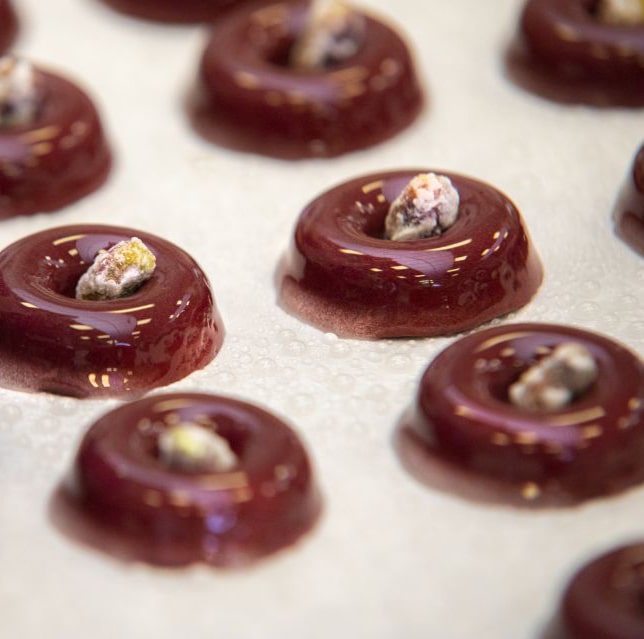
“
By learning to bake and engaging daily in their work, the detainees gradually gain self-confidence. They start to see themselves in a different light, moving beyond the sense of guilt and irreparable damage that prison life brings with it - especially for those who are guilty of serious crimes
”
adds Chef Brozzetti.
In this case, rehabilitating through cooking is about making the inmates’ time inside useful, with the focus on bringing prisoners back into society and giving them the opportunity to transform their lives through work and training.
“
One of the best things about this job is seeing change in action. The inmates arrive with basically no skills at all. Little by little, not only do they learn how to perform their tasks correctly, but they start to feel a sense of incredulity, almost pride, in seeing the array of gateaux, biscuits, panettoni and celebration cakes that will soon be taking pride of place on dining tables out there in the real world.
”
The ‘clink kitchen’ becomes a place that metaphorically removes the barriers between prison and the outside world; this is even more important if we remember the unifying power of food - and of desserts in particular. Cakes are loaded with symbolism and personal experience, often linked to early childhood, the family, and times of celebration.
“
Sometimes”, Ascanio continues “we get messages from customers complimenting us on the cake or panettone they ordered”. This has a hugely positive impact on the prisoners: seeing that their work - which they’ve learned to put effort into - is appreciated by people outside the prison walls ʻʼ gives them confidence in themselves and society - sometimes for the first time in their lives
”
concludes Ascanio Brozzetti.
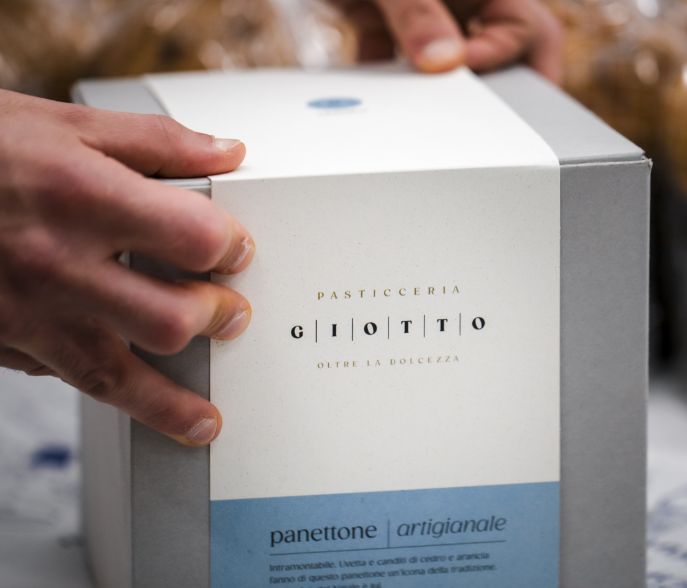
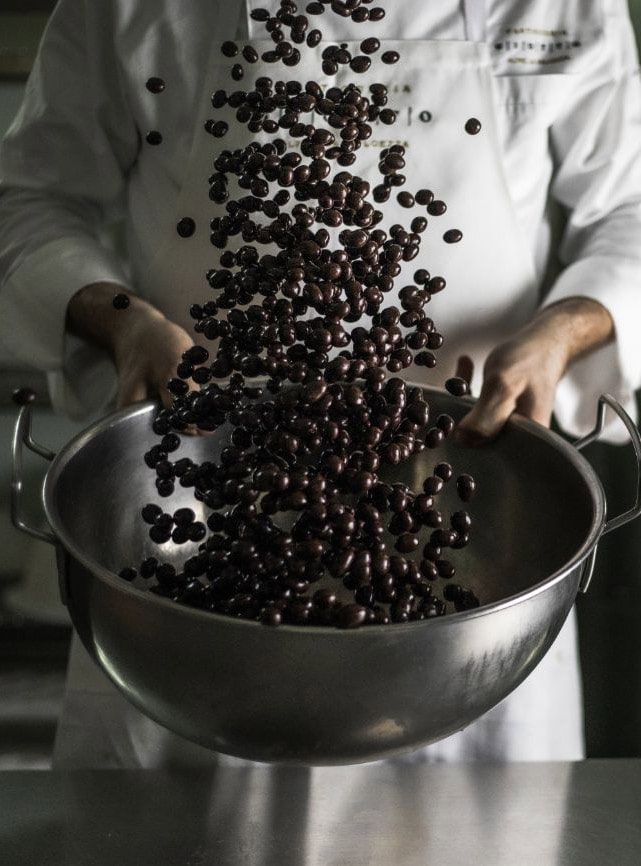
Time, trust and prospects:
these are the basic ingredients of the recipe for social regeneration, now being cooked up in the prison kitchen.
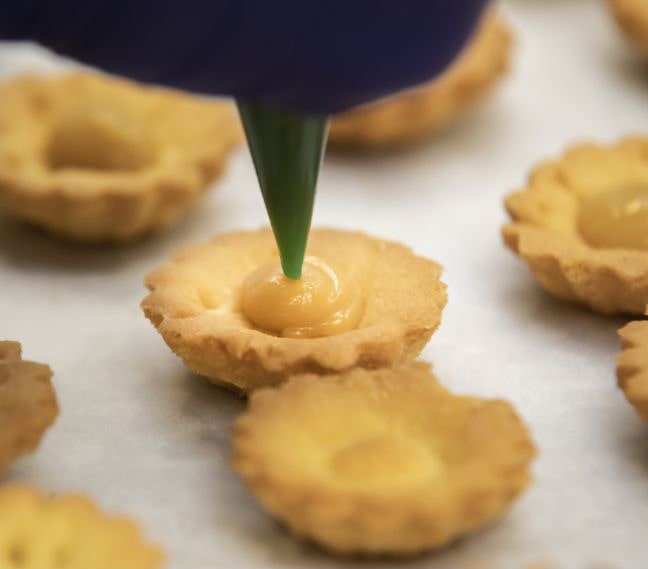
The “library of chocolate”: Lavoratti 1938. The historic brand is relaunched amid editorial projects, premium ingredients and high-profile collaborations.
“Mafie in pentola”: cooking up a culture of legality. The theatre performance that shines a spotlight on the unique produce grown on lands seized from the Mafia.
